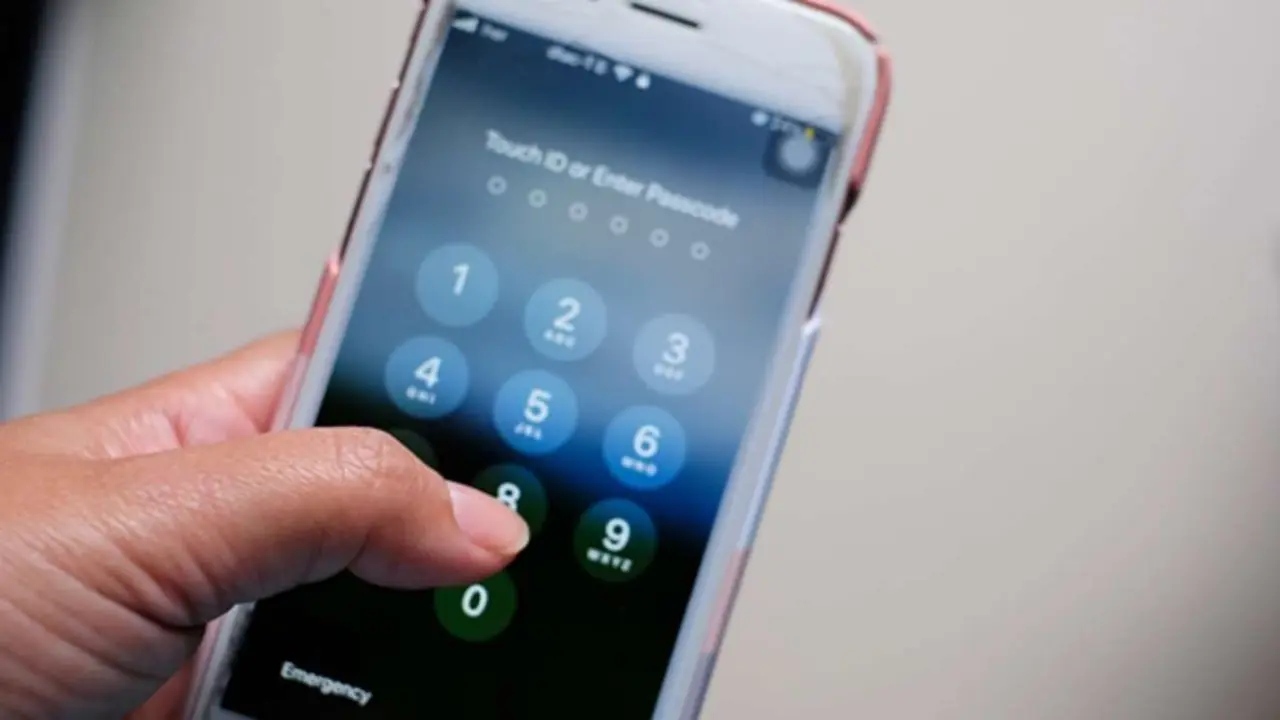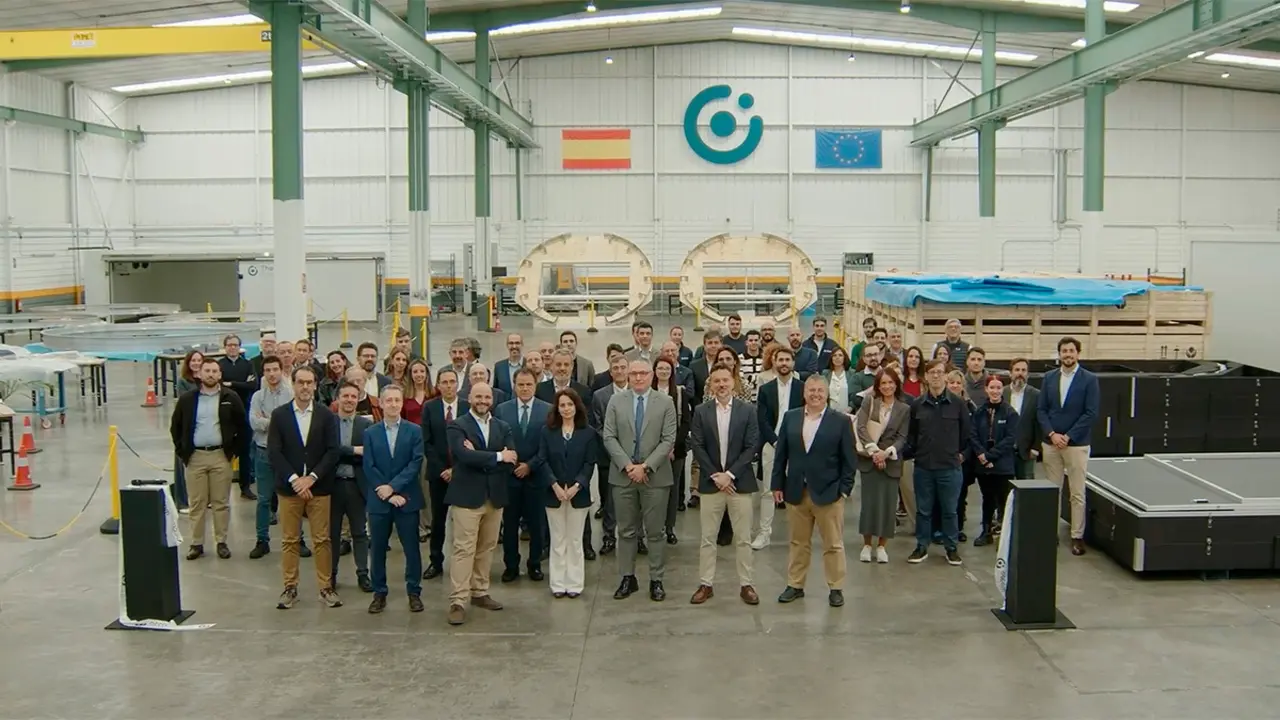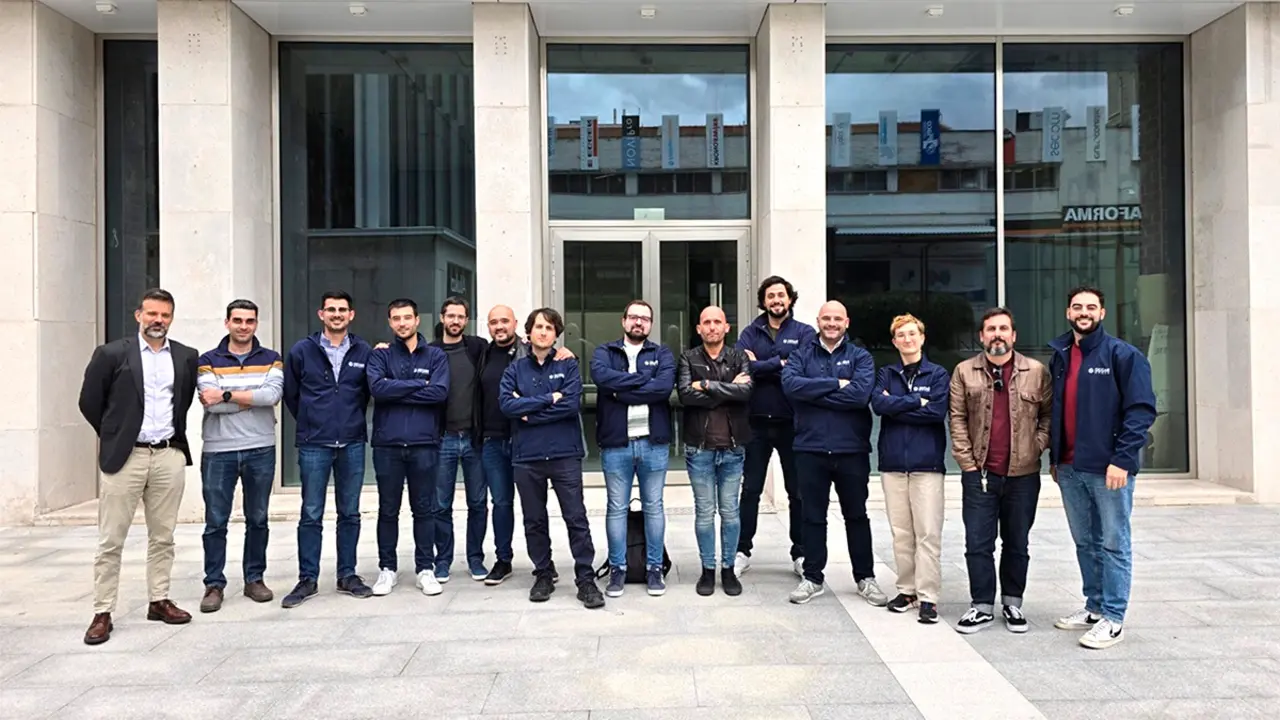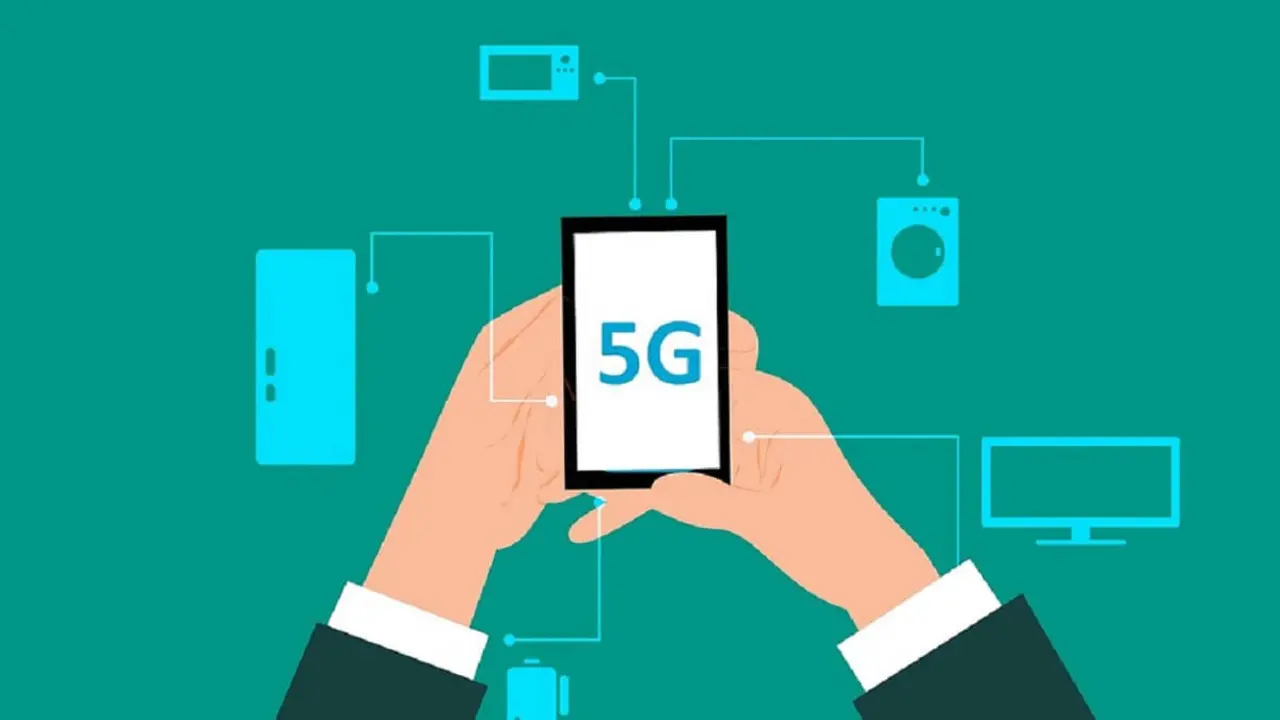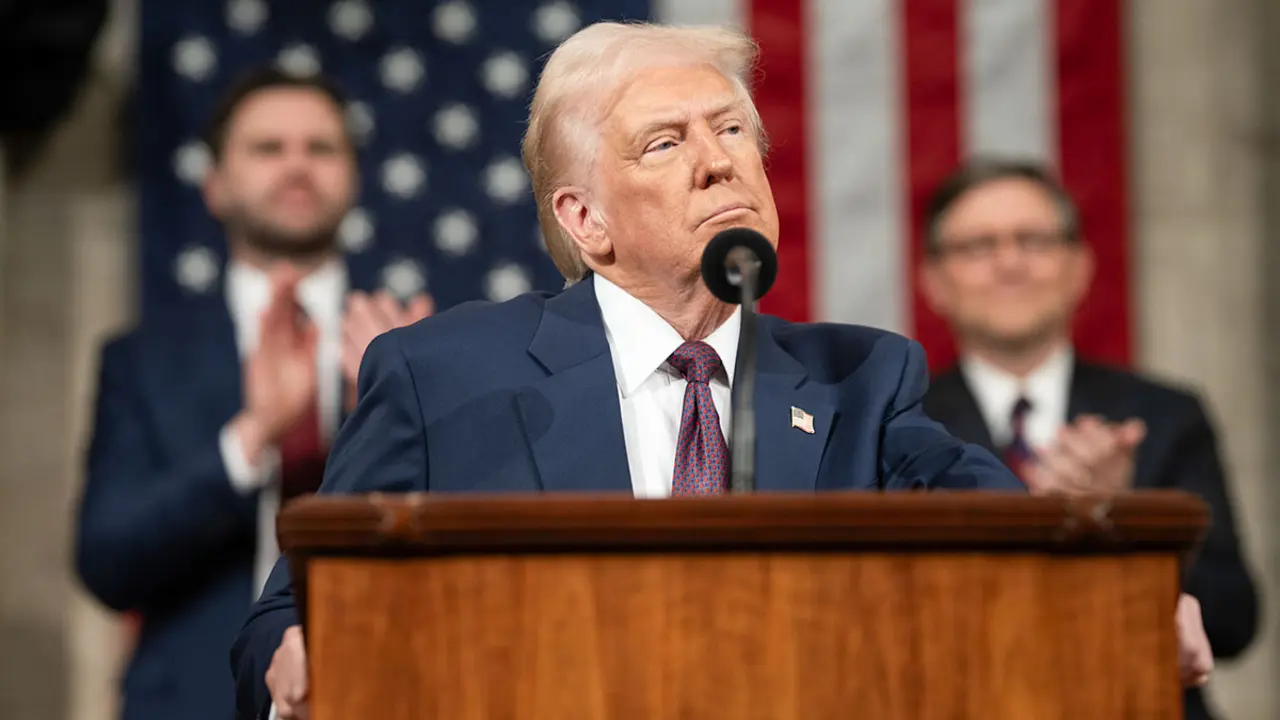Apple argues in US court that its App Store is not a monopoly

Apple CEO Tim Cook defended Friday that the App Store is not a monopoly in an appearance before the judge handling the case against the company in the United States for alleged anti-competitive practices.
The top executive of the company from Cupertino (California) cited other phone manufacturers other than the iPhone, such as Samsung and LG, as competitors, although he avoided making an explicit statement about Google, the owner of Android.
He also assured that Apple's policies aimed at creating a closed ecosystem through incompatibilities with other software or exclusivity requirements are aimed at creating products that guarantee maximum quality and security, but that in no case is it a question of protecting a monopoly.
"We make decisions with the interests of users in mind, and sometimes those interests do not correspond to those of app developers," Cook said, referring to the video game company Epic Games, which filed the lawsuit that has led to this trial.

Apple and Google control almost the entire mobile operating system market worldwide and charge developers a 30% commission for transactions carried out through their digital shops.
It was precisely this fee that triggered the court battle.
In August, Epic Games, which owns the popular video game Fortnite, announced that its users could make accessory purchases - i.e. add-ons for the video game - within its own app and at a discount.
This goes against the policy imposed by Apple, since, if a user buys accessories directly in the video game, it does not charge the 30% commission it takes for all transactions that occur through the App Store.
Just hours after Epic revealed it was going to allow in-app purchases in Fortnite, Apple responded by removing it from the App Store, prompting the developer to file the lawsuit.
Epic is also suing Google for the same reason and the trial is expected to take place in the coming months, presided over by the same judge as in the Apple case, so it is likely that what happens now will also affect the internet search engine company.

Cook on Friday accused Epic of having behaved "maliciously" from the beginning and reiterated the argument that the company has been defending since the trial began, according to which the only thing the video game developer was seeking and continues to seek is a reduction in the commission.
When asked by the prosecution's lawyer whether Apple competes against Google in the field of operating systems, Cook avoided giving a direct answer.
"We compete against Samsung, LG (i.e. other mobile manufacturers).... Customers don't buy operating systems, they buy devices," he replied.
The company's defence has adopted the strategy of arguing that Apple competes in the mobile device market and not in the operating system market to show that the App Store is not a monopoly.
In the former, there are many, many manufacturers producing handsets other than the iPhone, which means a lot of competition, while in the latter Apple and Google have almost total control of operating systems.
Following Cook's sworn response, Epic's lawyer showed a video from 2019 in which the executive himself admitted at a conference that Google is a competitor to Apple in the operating systems arena.
The final session of the trial, presided over by federal judge Yvonne Gonzalez Rogers, is scheduled to take place next Monday, although the ruling - which if contrary to Apple's interests would cause a major earthquake in the industry - could take several months to be known.

